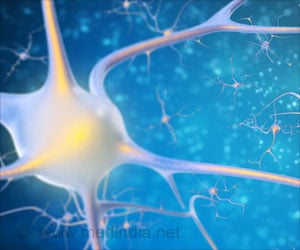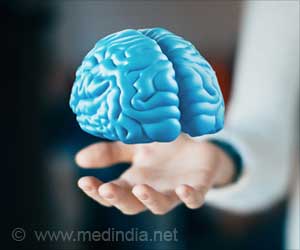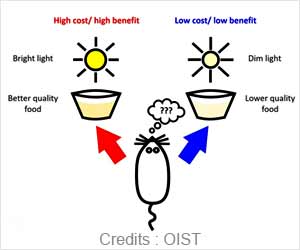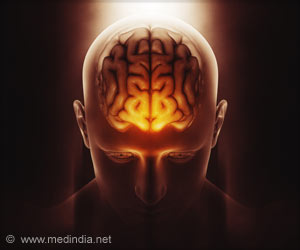Decision-making brain circuits may get altered under the influence of a racing heart through the body-state monitoring neurons.

‘Decision-making brain circuits may get altered under the influence of a racing heart through the body-state monitoring neurons that can hijack the process.
’





The present study explored the brain’s decision-making processes through these bodily processes by analyzing the data from a previous study of non-human primates. The electrical activity was recorded from neurons in two of the brain’s decision centers called the orbitofrontal cortex and dorsal anterior cingulate cortex. Brain Circuitry and Decision making
It was found that two of the brain’s decision-making centers contain neurons that may exclusively monitor the body’s internal dynamics. That is, the activity of about a sixth of the neurons in either area correlated with fluctuations in heart rate.
Moreover, the rewiring of one of these centers was driven by a heightened state of arousal that turned some of the decision-making neurons into internal state monitors.
The scientists also found that turning off the brain’s emotional center – the amygdala, resulted in raised heart rates by up to 15 beats per minute. This suggests that when the animals’ arousal state was heightened, it hampered the decision-making process.
Advertisement
Source-Medindia













